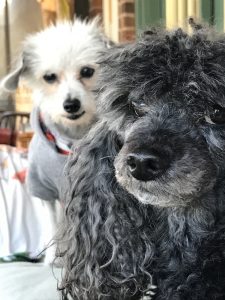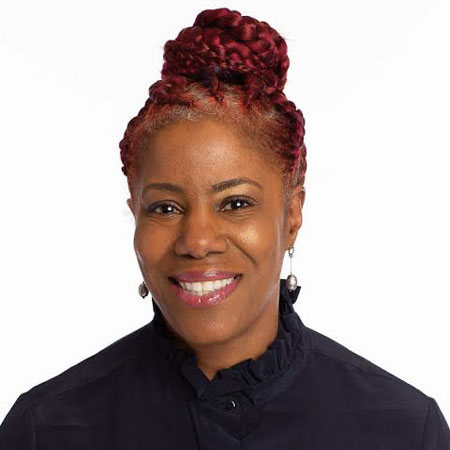News & Announcements
New faculty spotlight: Idethia Shevon Harvey
Sept. 14, 2021
Sept. 14, 2021
This is part of a series of Q&As introducing faculty who have joined the School of Health Professions for the 2021–22 academic year. See full list of new faculty.
Idethia Shevon Harvey, DrPH
Associate Professor of Health Sciences
Health Professions Faculty Fellow for Inclusive Excellence
Dr. Harvey joined the MU School of Health Professions this summer as an associate professor of Health Sciences and the school’s Faculty Fellow for Inclusive Excellence. She researches chronic disease management and health disparities among rural and aging African Americans. She is teaching 2400 Contemporary Health Issues.
How did you get into the field of public health?
My bachelor’s degree is in Material Science Engineering, and so my first career was as an industrial engineer in Boston. At the same time, I was doing a lot of volunteer work — on weekends, I would go out and knock-on doors to get parents ready for their kids to be vaccinated for school. That was my entry into public health. It is when I began to think about prevention. Shortly after that, I moved to Atlanta and enrolled at the Morehouse School of Medicine, where I completed my MPH.
Can you describe your teaching philosophy?
My philosophy is that everyone can learn, and my role is to help them decide how to do it. I help students understand their goal as health professionals are not to judge their patients but to understand why they behave the way they do. When you get to that point of understanding, then you can help people to change.
For me, my greatest joy is when a student who finished taking my class comes back to say, “What you did in class helped me. I can see the connection between what I learn in class and the work I am doing.” And that is what I want to do. I want my students to be able to make that connection.
What is your research focus?
My research focuses on ethnic minority populations and using a community-engaged approach to studying chronic disease management and health disparities among rural and aging African Americans.
For one of my most recent projects, I worked with a community partner who had expertise in adolescent health and substance use prevention. He served as a co-principal investigator and helped me look at how we could design the project that would be inclusive of rural minority adolescents.
What is community-engaged research?
From a traditional research standpoint, researchers see participants as “subjects.” They are not included in the data analysis or interpretation of the data. In community-based participatory research, people are not the subjects; they are the co-researchers. The community partners helped design the research question, implement the research study, analyze the data, and write the manuscript. It is a much more inclusive approach of including the people who are part of that community to help enrich your research.
I tell my community partners, “You are the expert. You live in this environment 24/7; you know what is going on in the neighborhood. I have expertise in some research components– but I need your expertise to make the data meaningful.”

Dr. Harvey’s favorite pastime is spending time with her dogs, Dakoda and Reece. She also enjoys running, visiting galleries and the arts.
What are your priorities as Faculty Fellow for Inclusive Excellence?
My goal is to create an inclusive environment where everyone feels that they can be their authentic self. I do not believe anyone should come into a new role with their ideas of what needs to change, so my first step is a fact-finding mission. I expect to spend the first six months just getting to know the Mizzou system, the history of Mizzou, and the people who work and live here. I will talk with many individuals to find out what it is like to be a faculty member, a staff member, or a student at Mizzou.
What do you need from Health Professions faculty, staff, and students?
I need people to be comfortable enough, to be honest about their own lived experiences. I know that is not going to happen in the first introduction, but I want people to feel like they can be themselves around me, and that they can trust that what they say is going to be kept in confidence. My role is to hear from multiple voices and create programming and activities that will catch the eye of everyone.
Featured in this post
